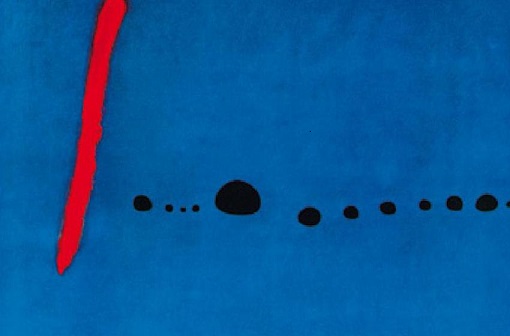Perspectival truth: Michael Haneke’s «The castle» and the fragmentation of the real
DOI:
https://doi.org/10.13130/2240-9599/14815Аннотация
With his 1997 TV adaptation of Franz Kafka’s Das Schloß (The Castle), the Austrian director Michael Haneke explores what he calls «Kafka’s fragmentary, ambiguous perception of reality». Defying TV audience expectations, The Castle develops a specific strategy contrasting with the rapid and overwhelming deluge of information transmission that Haneke points out to be the standard for «electronic media». But more specifically, The Castle’s fragmented style appears to put into question a metaphysical construal of ‘Truth’ and ‘Values’ as self-sufficient dimensions existing, unaffected, behind the sensible world of appearances. This must not lead to a relativistic stance. Rather, such a style brings to light the essential perspectival structure of our experience, calling for an approach to reality that forestalls the dichotomies of true vs. false, essence vs. appearance, or fact vs. interpretation.
Загрузки
Опубликован
2020-07-01 — Обновлена 2021-05-05
Версии
- 2021-05-05 (2)
- 2020-07-01 (1)
Выпуск
Раздел
Varia



